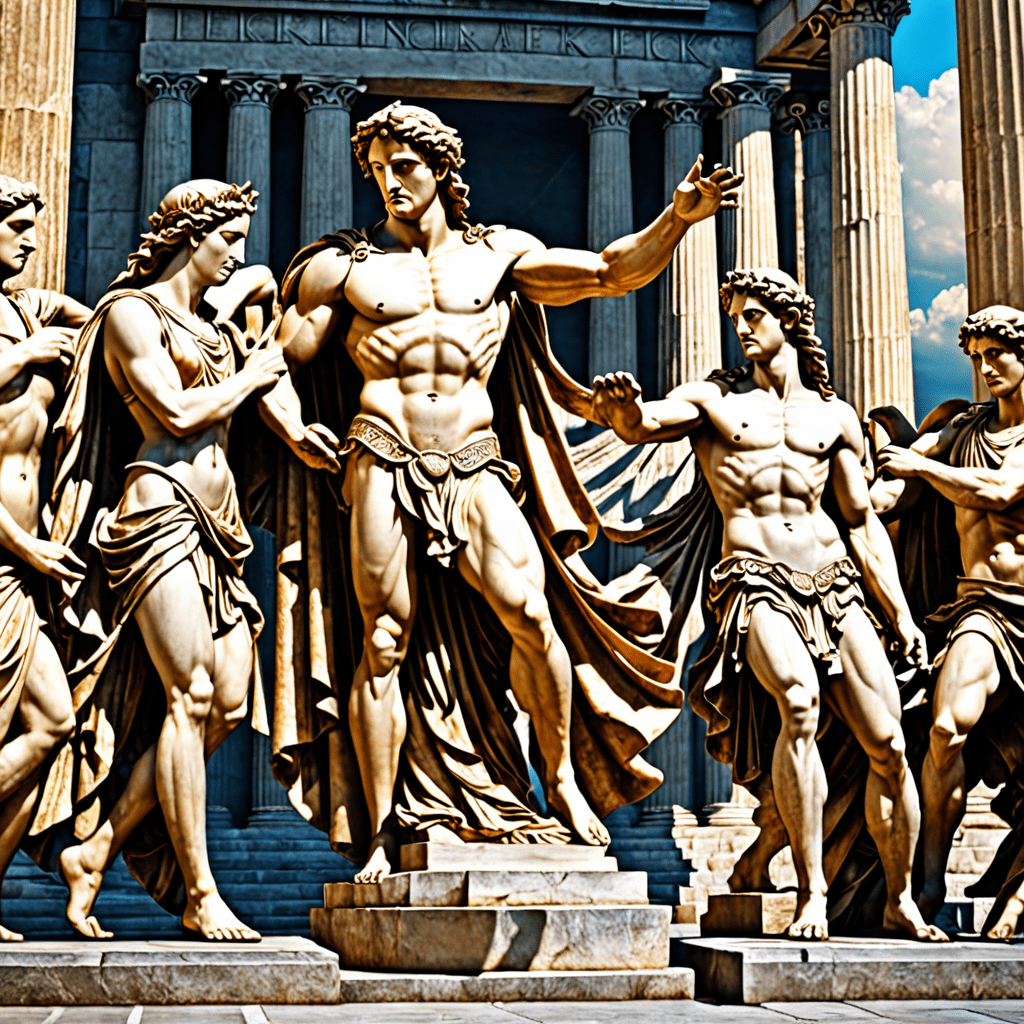The Legacy of Greek Mythology in Education
1. Introduction to Greek Mythology in Education
Greek mythology has had a profound influence on various aspects of human culture, including education. Dating back to ancient times, Greek myths have not only entertained generations but also served as valuable educational tools.
In this blog post, we will explore the rich legacy of Greek mythology in education and how teachers and students continue to draw inspiration from these enduring tales.
2. Integrating Greek Mythology in Curriculum
One of the primary ways Greek mythology impacts education is through its integration into the curriculum. Teachers often incorporate mythological stories into literature, history, and even art classes to engage students and promote critical thinking.
By studying these myths, students not only learn about ancient beliefs and cultures but also explore themes such as heroism, morality, and the consequences of hubris. Through this exploration, students develop a deeper understanding of universal human experiences.
3. Benefits of Studying Greek Mythology
Studying Greek mythology offers numerous benefits to students. It fosters creativity and imagination by exposing them to fantastical tales of gods, goddesses, and mythical creatures. Analyzing these stories also enhances critical thinking and problem-solving skills.
Furthermore, Greek mythology provides a platform for discussing complex ethical and philosophical concepts in a contextualized manner. Through these discussions, students can explore values, ethics, and the nature of humanity in a way that resonates with their own experiences.
4. Perpetuating the Legacy
Despite the passage of centuries, the legacy of Greek mythology remains vibrant in modern education. From literary references to classroom discussions, the influence of these myths endures as a testament to their enduring relevance.
By embracing the timeless wisdom and captivating narratives of Greek mythology, educators ensure that future generations will continue to benefit from the rich educational tapestry woven by the ancient Greeks.
FAQs about The Legacy of Greek Mythology in Education
What role does Greek mythology play in education?
Greek mythology serves as a foundational aspect of education, offering timeless stories that teach morals, values, and cultural insights. These myths provide a rich tapestry for students to explore themes such as heroism, tragedy, and the consequences of hubris.
How does the study of Greek mythology benefit students?
Studying Greek mythology helps students develop critical thinking skills, understand the origins of language and literature, and appreciate the art, history, and philosophy of ancient Greece. It fosters creativity and imagination while promoting cultural literacy.
Why is Greek mythology still relevant in modern education?
Greek mythology continues to be relevant in modern education because its themes resonate across time, offering universal truths about the human experience. By studying these myths, students can gain insights into psychology, sociology, and ethical dilemmas that are still applicable today.





